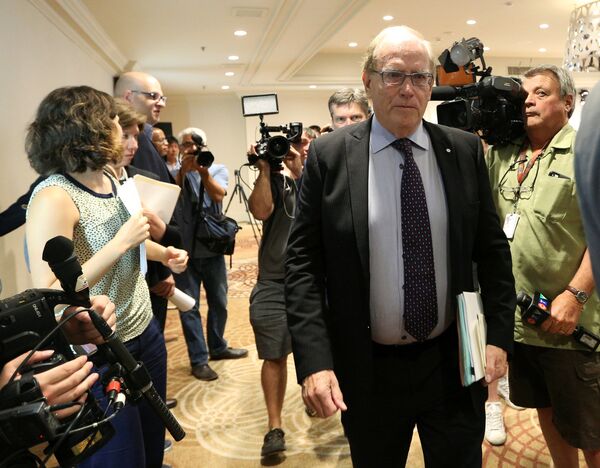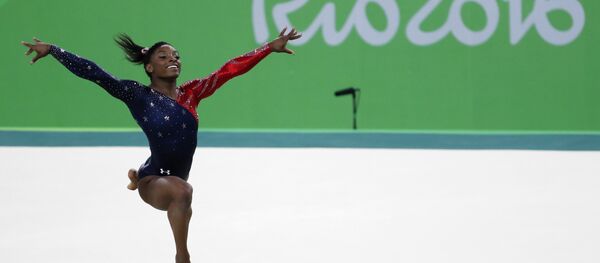Earlier, WADA held what it called Think Tank consultations with the International Olympic Committee (IOC), the International Paralympic Committee (IPC), the Associations of Summer and Winter Olympic International Federations and many other institutions to discuss challenges to the current anti-doping system.
"Among other matters that were discussed, participants reached a consensus on the need for Centralized World Anti-Doping Code compliance monitoring by WADA with proportionate and graded sanctioning powers," the WADA statement said.
The statement added that additional funding will be required for the regular auditing and monitoring of subordinated organizations. According to WADA, boosted resources would improve the agency's ability to ensure proper anti-doping controls.
As for the WADA Executive Committee gathering, it specifically discussed slapping financial penalties on those who violate the main anti-doping document.

In addition, WADA offered the governments and sports organizations the opportunity to create and sign a document according to which WADA will be the final authority for the resolution of all doping-related issues.
Also, the gathering's participants confirmed that WADA's commission, headed by independent expert Richard McLaren, is due to wrap up its investigations of accusations of doping manipulation at the 2014 Sochi Winter Olympic Games before the end of October.
In addition, the Executive Committee discussed the "witness protection program", namely, informants, a document due to be presented in November. The goal is to offer full support to those who are ready to give sensitive information to WADA.
As far as RUSADA is concerned, WADA head Craig Reedie expressed hope that the organization will soon return to the ranks of the international anti-doping movement, something that he said "would be better for everyone."
On the day of the meeting of the WADA Executive Committee, The Guardian reported that "fears are growing for the future of WADA amid concerns that the International Olympic Committee wants to neuter, sideline or even replace it as punishment for calling for a blanket ban on Russian athletes at the Rio Olympics."
The newspaper pointed to the fact both Werthein and IOC head Thomas Bach are floating the idea of a "successor body" to WADA, something that was dismissed by Reedie.
According to him, "the developments that have taken place in the past few days indicate that the alliance between sport, governments, and WADA is working well."
"And the things mentioned by The Guardian are a good media discussion of the fact that we move forward as one organization. For successful anti-doping work with athletes, a good responsible and independent agency is needed, and this is what WADA will be," Reedie said.
Asked about the possibility of abolishing WADA or creating any new similar structure, Reedie said that "no one told me about it."
With Reedie rejecting any speculations on WADA's reform, a spate of key decisions are expected during the organization's Board of Founders, slated for November 21.
Reforming the anti-doping movement is also due to be high on the agenda of the IOC summit in October.
The doping scandal, which has been simmering since 2014, escalated in July when WADA presented a report accusing Russia of running a state-wide doping program and urging the IOC to consider a blanket ban on the entire Russian team.
Earlier in September, the hacking group Fancy Bears leaked alleged WADA documents showing that the agency had allowed US tennis players Serena and Venus Williams, as well as Olympic gold-winning gymnast Simone Biles and basketball star Elena Delle Donne to take banned substances for 'therapeutic' purposes.
On Monday, Fancy Bears released a fourth database batch of documents from WADA, detailing additional athletes from Europe and the US who have used banned substances; Spain's tennis star Rafael Nadal is on the list.






